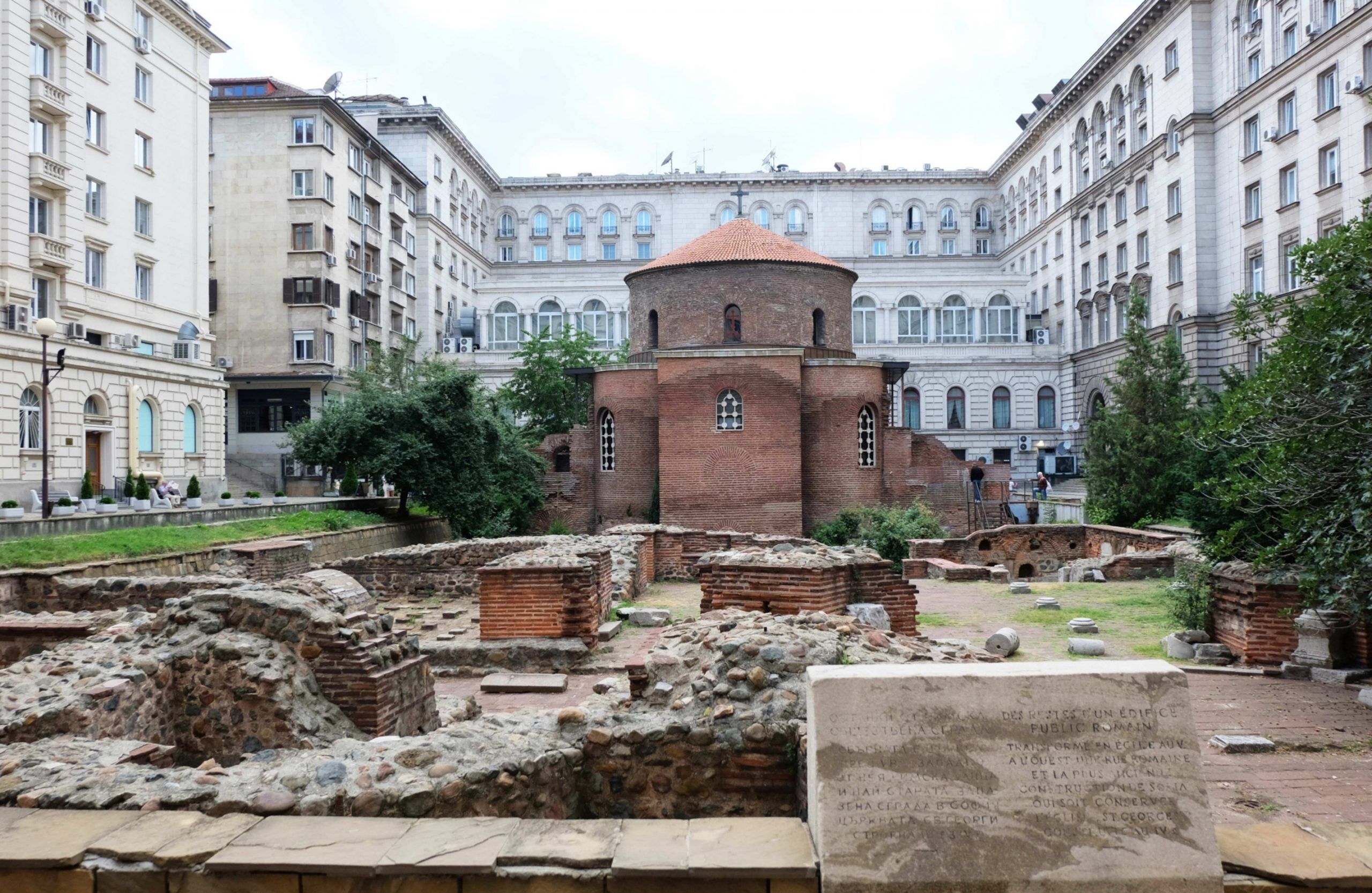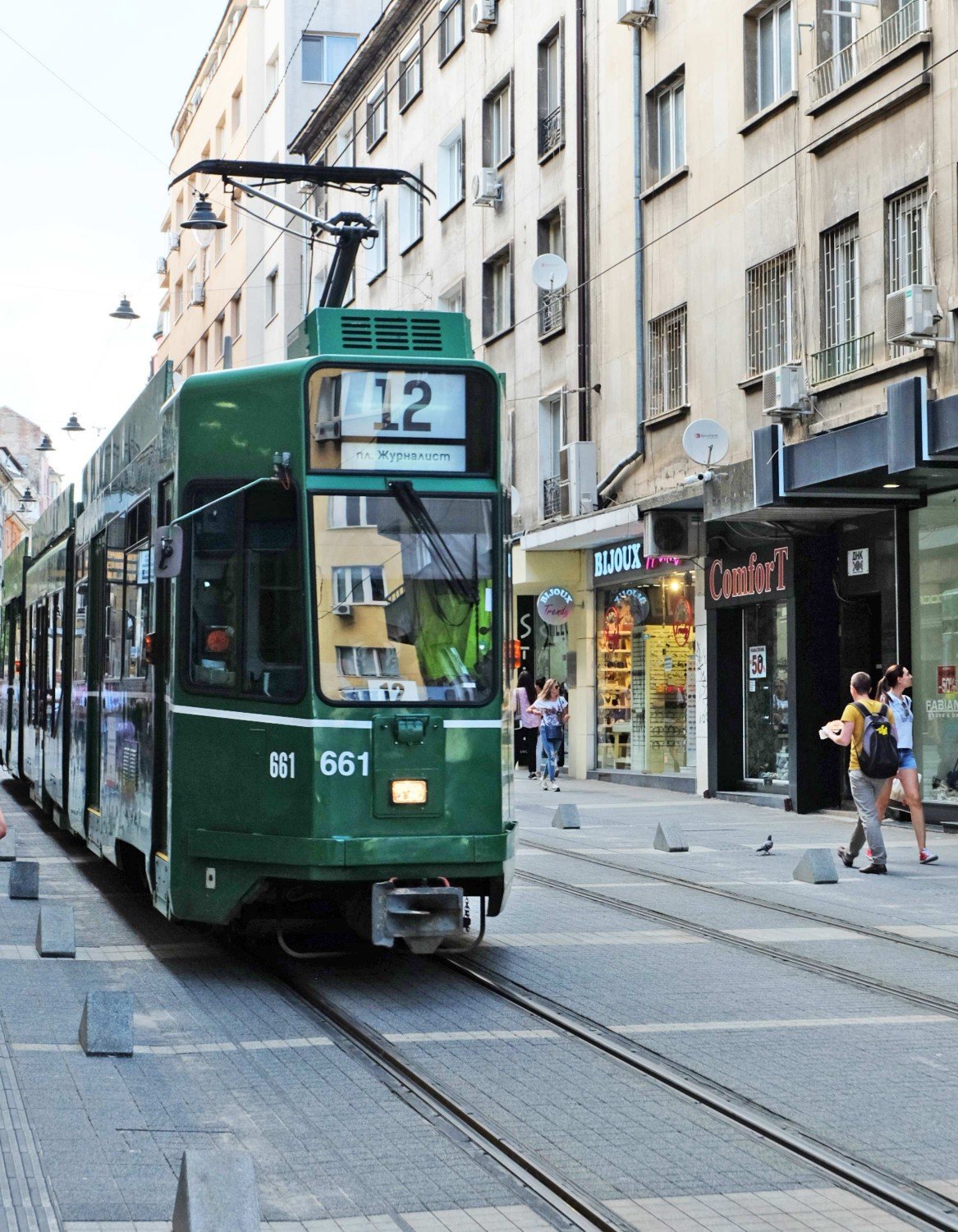A guide to starting a new life in a new country
Written and photos by Anna Kerezsi, edited by Lindsay Martin.
Have you ever thought about moving to Bulgaria? One day you wake up and think, what would it be like to live there? Luckily, there are several job offers in different foreign languages, so you’ll have various opportunities.
As a foreigner in Bulgaria, I collected the 10 most important pieces of advice you should know before you pack your luggage and catch the first plane. This collection is based mostly on my experiences, but also from other foreigners and local friends’ opinions.
Review your reasons for moving to Bulgaria
I find it useful to stand in front of the mirror and question myself about choices. It is not easy to leave a country. It means you leave your family, your friends, the places you love, and the groups you belong to. You will not be a part of their daily lives anymore. It means you leave your comfort zone for something strange and new, which needs a lot of courage and flexibility. If you feel ready to make these huge steps in your life, then nothing can stop you. But, there are still a few things to prepare for.
Find a job opportunity before moving to Bulgaria
Many multinational companies - especially in the capital city of Sofia - are ready to welcome foreigners with a relocation package. This package was made to help foreigners settle down as smoothly as possible. Usually, it includes useful information, pays your travel expenses, and a few days in a hotel until you find a new home. It might even include paying the real estate agent fee. The content of the package is variable. The most popular job searching websites are jobs.bg, jobtiger.bg and zaplata.bg. You can also find many opportunities on our website’s Jobs section.
A useful tip from me: if you are looking for language-specific jobs, it is useful to connect with people who came from the same country or speak the same language as you. For example, if you move to Sofia, there is a group on Facebook called Foreigners in Sofia & Friends, where you can find advice and current job offers from group members.
There is a chance you are the type of adventurous person who doesn’t want to plan where to work or where to live before arriving. Especially for you, I recommend joining Bulgaria-themed groups (like the one mentioned above) to be informed and get involved in the country’s atmosphere.
Some examples:
How can I enter the country?
Bulgaria has been a member of the European Union since 2007, which makes things easier if you are coming from an EU country. Despite the fact your European ID card is valid here (for example, I could open a bank account with my Hungarian ID card), please do not forget your valid passport with at least one blank page. Keep in mind that you cannot apply for residency past the expiration date of your passport.
There are many different rules and required documents for obtaining a residence permit. The best way to receive up-to-date information is to contact your embassy. Here are some useful websites for foreigners in general:
The Republic of Bulgaria – Ministry of Foreign Affairs
U.S. Department of State – Bureau of Consular Affairs
Migration and Home Affairs - Who must apply for a Schengen visa
If you have all the required documents, you’ve packed up all your luggage, and you are ready to cross the threshold, please take a moment and check your bank account to see if you have enough money to start a new life until you receive your first paycheck. You will need money for food, traveling, accommodation, bills, and healthcare.
Speaking of accommodation, here is a great article about the possibilities:
And, last but not least, here is helpful information about food:
Grocery, meals and other home delivery services in Sofia
Culture shock, first impressions
Even if you are coming from a neighboring country of Bulgaria, things can be so much different from what you are used to. Even cities and towns can be completely different between two distant points of the country. My advice is to take a virtual walk with Google street view and get lost in the streets, so you can have a picture in your mind about the place you want to move. Check out some videos about foreigners' first impressions. It is not a bad idea to prepare yourself.
Do locals speak English?
In general, I would say yes. In Sofia, I could manage to open a bank account, prepay for phone subscriptions, and arrange meetings with internet providers. I could easily speak with my landlord, cashiers in large shops, and taxi drivers. You can be sure to find English speakers around touristic places. The city center is full of foreigners. Even in Ruse (near the Romanian border), or in Veliko Tarnovo (in the heart of Bulgaria), you can find people that speak English. If you are traveling to the seaside, the menus are translated to English (sometimes to German, Russian, or Romanian too). There are tourist spots in every city center if you are afraid of getting lost. And do not worry about the Cyrillic script, you can find many names written with the Latin alphabet.
Do I have to learn the Bulgarian language?
You can survive without it. I know some people who have lived here for many years without speaking any Bulgarian. Indeed, it is a difficult language, and you need to be motivated to learn it. It is even harder if you come as a foreigner to work in a multinational environment where the common language is English. But the fact is if you really want to fit here and understand what is going on around you, a basic level of Bulgarian can make miracles. Here are some tips on how to start:
Bulgarian Speaking Club is a language center that invented their own methods specifically for foreigners and shy speakers like me. I highly recommend them.
Climate and geography
Bulgaria is situated on the Balkan peninsula, in the Southeast part of Europe. Its unique landscape gives a wide scale of different weather from the cold mountain climate to the mild and sunny Mediterranean climate. Therefore, you should prepare yourself with a bathing suit, a warm winter jacket, and good-quality hiking boots. The country is surrounded by Romania and the Danube river to the north, the Black Sea to the east, Turkey and Greece to the south, and Serbia and the Balkan Mountains to the west. The highest point is Musala (2925 m), while the lowest is the Black Sea. (0 m). The average elevation of Bulgaria is 470 m.
Sofia is situated in western Bulgaria, at the foot of Vitosha Mountain. The Balkan Mountains surround the Sofia Valley to the north with an elevation of 550 m. The temperature mostly moves between -5 and 3 Celsius during winter, and 12 - 27 Celsius during the summer. The humidity is quite high throughout the whole year. The Mediterranean and the Atlantic oceans heavily influence Bulgaria’s climate. Ocean air masses flow here, causing a lot of rain and wind with cool weather in spring and autumn.
Things to avoid in Bulgaria
This topic is much more difficult than I thought. I asked many people – both native Bulgarians and foreigners – and I received different answers. I thought I could make a useful list but this is not possible without being offensive or hurting someone’s feelings. We all grew up in different cultures. We are diverse in our way of thinking and might have different opinions.
Just apply common sense and be appropriately nice. I would like to encourage you to be open-minded, respectful, patient, and humble, no matter which country you visit in your life.
Emergency information:
- General emergency number: 112
- Ambulance: 150
- Police: 166
- Fire service: 160
Discover the colorful culture of Bulgaria
Last but not least, here is a collection of the most popular cultural events, holidays and traditions. But, this list is incomplete. Now it is your turn to discover Bulgaria and continue your own list with your adventures and explorations around this beautiful country! Aide!

